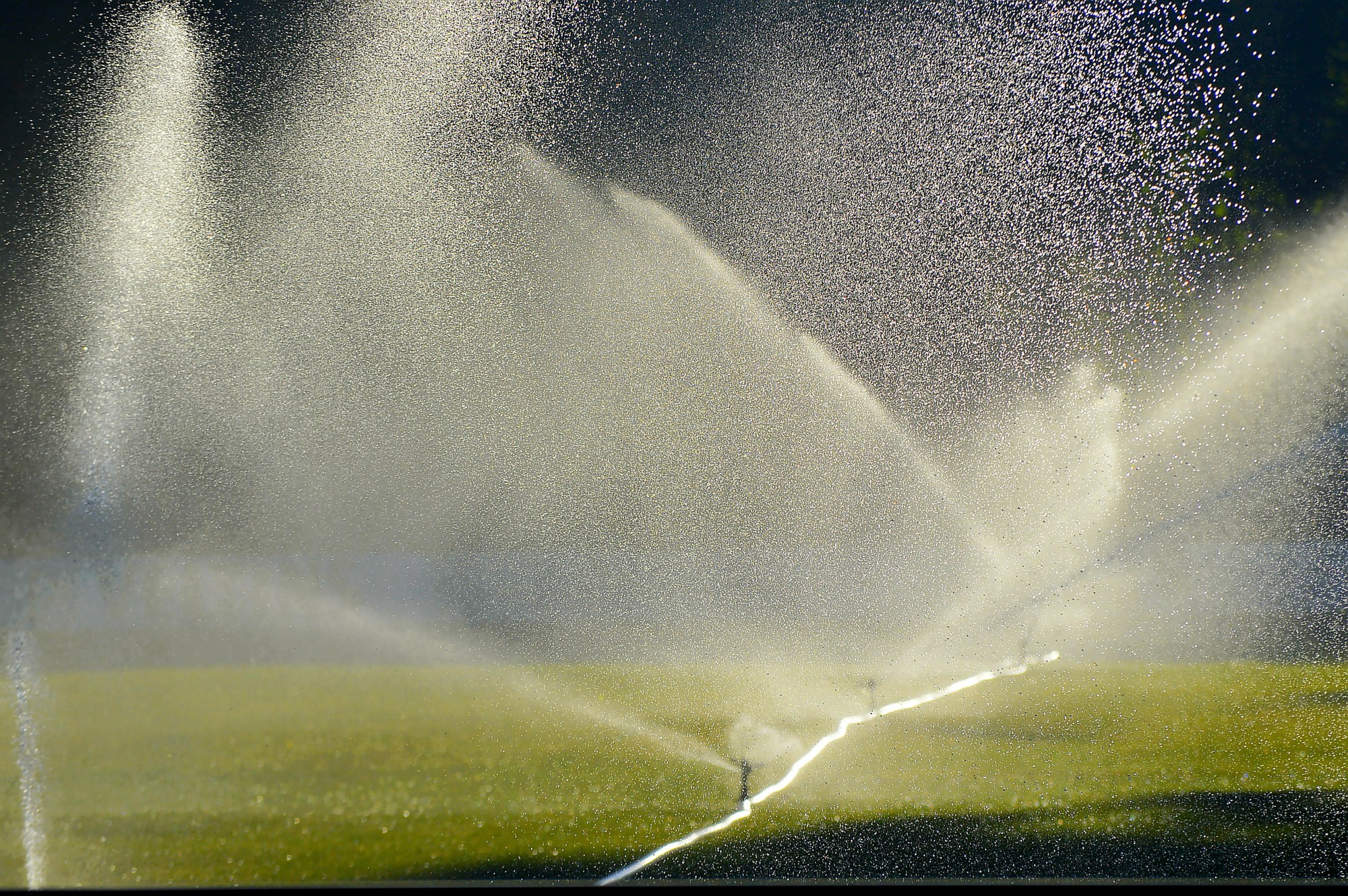Installing an irrigation system is not only beneficial for maintaining a lush and healthy landscape but also offers several significant environmental advantages. From conserving water to promoting biodiversity, a well-designed irrigation system can contribute positively to the environment. This article explores the key environmental benefits of installing an irrigation system and how it can support sustainable practices.
Efficient Water Use
One of the primary environmental benefits of an irrigation system is its ability to conserve water. Traditional watering methods, such as manual sprinkling or hose use, often lead to overwatering and water waste. Modern irrigation systems, especially those with smart technology, are designed to deliver water directly to the root zones of plants, minimizing runoff and evaporation. By using water more efficiently, these systems help reduce overall water consumption, which is crucial in areas experiencing water scarcity or drought conditions.
Reduced Water Runoff
Irrigation systems that are properly designed and installed can significantly reduce water runoff, which occurs when excess water flows over the soil surface rather than being absorbed. Runoff can lead to soil erosion and the transportation of pollutants into waterways. Advanced irrigation systems, such as drip irrigation, provide a slow and steady water supply directly to the plant’s root zone, minimizing runoff and allowing for better soil absorption. This helps maintain soil health and prevents water pollution.
Conservation of Natural Resources
Efficient irrigation systems contribute to the conservation of natural resources by reducing the need for additional water sources. When water is used more effectively, there is less strain on local water supplies, including rivers, lakes, and groundwater reserves. By optimizing water use, irrigation systems help preserve these natural resources and support the sustainability of local ecosystems.
Enhancement of Soil Health
Proper irrigation practices contribute to improved soil health. Consistent and adequate watering helps maintain soil moisture levels, which is essential for the growth of beneficial microorganisms and soil structure. Well-moisturized soil also prevents erosion and helps maintain soil fertility. Drip irrigation systems, in particular, deliver water slowly and precisely, reducing soil compaction and promoting healthy root development.
Promotion of Biodiversity
A well-maintained irrigation system supports the growth of diverse plant species, which can enhance local biodiversity. By providing adequate water to a variety of plants, including native species, you create a more resilient and balanced ecosystem. A diverse landscape can attract different types of wildlife, including birds, insects, and pollinators, contributing to a healthier environment.
Reduction in Chemical Use
An efficient irrigation system can also reduce the need for chemical fertilizers and pesticides. When plants receive the right amount of water, they are less stressed and more resistant to pests and diseases. This can lead to a reduction in the use of chemical treatments, which can be harmful to the environment. Moreover, proper irrigation can help maintain balanced soil nutrient levels, further reducing the need for additional chemicals.
Mitigation of Urban Heat Island Effect
In urban areas, the heat island effect occurs when built environments, such as roads and buildings, absorb and retain heat, leading to higher temperatures compared to surrounding rural areas. Landscaping with well-irrigated plants and trees can help mitigate this effect by providing cooling through evapotranspiration. Trees and green spaces can help lower ambient temperatures, improve air quality, and provide shade, contributing to a more comfortable urban environment.
Support for Sustainable Landscaping
Irrigation systems enable the creation of sustainable landscapes that require less water and maintenance. By choosing drought-resistant plants and designing an irrigation system that meets their specific needs, you can create a landscape that thrives with minimal environmental impact. Sustainable landscaping practices, supported by efficient irrigation, contribute to overall environmental conservation and resource management.
Increased Resilience to Climate Change
Efficient irrigation systems help increase the resilience of landscapes to the impacts of climate change. With unpredictable weather patterns and changing precipitation levels, having a reliable irrigation system ensures that plants receive a consistent water supply regardless of external conditions. This helps maintain healthy landscapes and supports agricultural and horticultural practices in the face of climate variability.
Community and Aesthetic Benefits
Beyond the direct environmental benefits, well-maintained landscapes supported by efficient irrigation systems enhance community spaces and contribute to aesthetic value. Green spaces, parks, and public gardens create a pleasant environment for residents and visitors, promoting well-being and environmental awareness. By investing in irrigation systems, communities can enjoy the combined benefits of environmental sustainability and enhanced quality of life.
Installing an irrigation system offers numerous environmental benefits, including water conservation, reduced runoff, and enhanced soil health. By using water efficiently and supporting sustainable practices, irrigation systems play a crucial role in promoting environmental sustainability and preserving natural resources. Whether for residential gardens or larger landscapes, the positive impact of a well-designed irrigation system extends beyond the immediate benefits to contribute to broader ecological and community goals.
Let Huizar’s Landscape assist and complete your irrigation project whether you have an old lawn irrigation system or you’re looking to implement one for the first time. Contact us.

